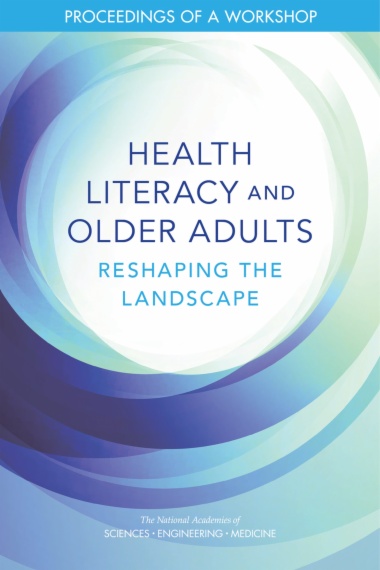

Adults age 65 and older make up the fastest-growing segment of the U.S. population. At the same time, the complexity of health care delivery continues to grow, creating challenges that are magnified for older adults, given that age is one of the highest correlates of low health literacy. This creates a shared obligation between health care and the health care team to use the principles, tools, and practices of health literacy so that patients and families of older adults can more easily navigate discussions related to chronic disease, polypharmacy, long-term care, palliative care, insurance complexities, the social determinants of health, and other factors that create challenges for older adults, particularly among underserved populations nationwide.
To gain a better understanding of the health communication challenges among older adults and their professional and family caregivers and how those challenges affect the care older adults receive, the National Academies of Sciences, Engineering, and Medicine's Roundtable on Health Literacy convened a 1-day public workshop featuring presentations and discussions that examined the effect of low health literacy on the health of older adults. This publication summarizes the presentations and discussions from the workshop.